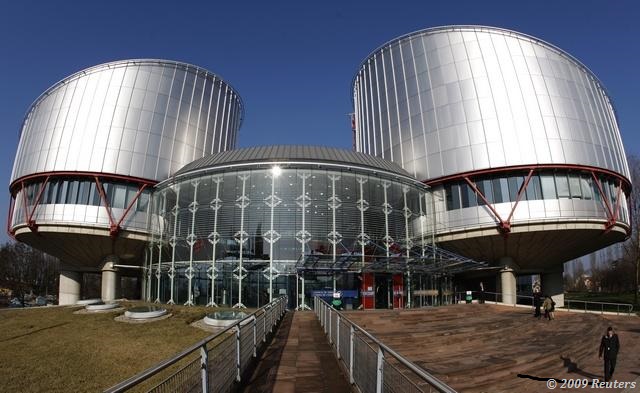On 13 June 2019, the European Court of Human Rights (ECtHR) released its judgment in the case of Sh.D. and others v. Greece, Austria, Croatia, Hungary, Northern Macedonia, Serbia and Slovenia (application no. 14165/16). The applicants complain under Article 3 of the Convention, concerning conditions in Greek police stations and Idomeni camp, and under Article 5 § 1 regarding “protective custody” in police stations.
The applicants, five unaccompanied children of Afghan origin, arrived to Greece in early 2016. In February 2016, they were apprehended by police and orders were made for their deportation, with the applicants given one month to leave Greece. The applicants subsequently attempted to cross to North Macedonia but were stopped by border guards. One applicant was arrested by Greek police and placed in “protective custody” at Polykastro police station for 24 days. Four applicants were later arrested on Chios and their deportation was ordered; they crossed to the Greek mainland and made their way to Idomeni camp, where they lived for approximately one month. After which, the applicants moved between various shelters. One applicant was detained by police while attempting to travel to Italy, and was placed in “protective custody” at Igoumenitsa Port police station, and later at Filiata police station.
The Court recognised that it had previously found a violation of Article 3 for the detention of children for even the short period of a few days. It held that conditions in police stations can create the feeling of isolation and can negatively affect physical and mental well-being. It found that such conditions are not suitable for children and, in the instant case, the Court found the conditions of detention in Polykastro and Filiata police stations amounted to degrading treatment, in violation of Article 3.
With regard to conditions in Idomeni camp, the Court acknowledged that the children were not detained and that the camp was not under the control of state authorities. However, the Court emphasised the positive obligations of the State to protect and take care of unaccompanied migrant children under Article 3, as well as under Article 20 of the Convention on the Rights of the Child (CRC), under which a state must provide alternative care for a child when they are deprived of their family environment. The Court found that conditions in Idomeni camp were not suitable for children and held that the authorities failed to meet their obligation to take charge of and protect the applicants who are particularly vulnerable on account of their age.
The Court held that the “protective custody” of three of the applicants in police stations amounted to a deprivation of liberty. It reiterated that “protective custody” as provided for in Greek law under Article 118 of Decree No 141/1991 was not designed for unaccompanied migrant minors and does not set a time limit. With reference to Article 3 of the CRC on the best interests of the child and the Asylum Procedures Directive 2005/85/EC, under which states must avoid the detention of minors, the Court held that the detention of the applicants was not lawful within the meaning of Article 5 § 1.
ECRE along with the ICJ and the Aire Centre intervened as a third party in this case. The third party intervention can be read here.
Based on an unofficial translation by the EWLU team.

